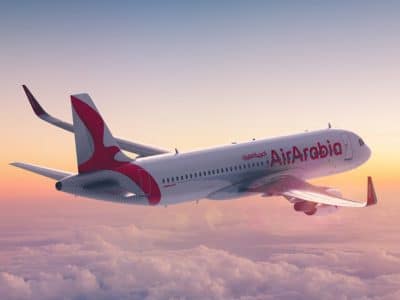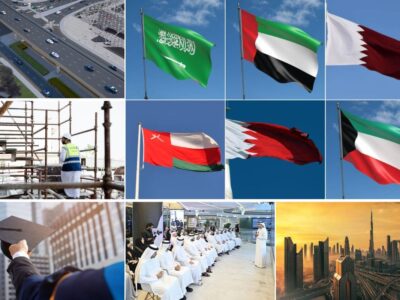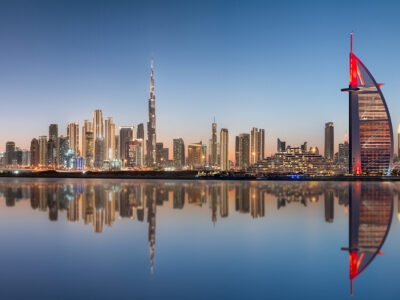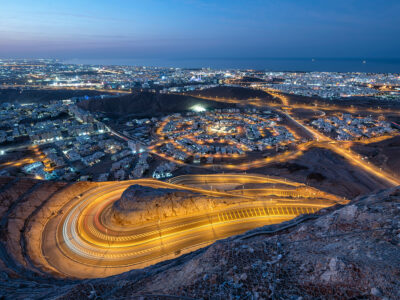Ekar, the Dubai-based carshare operator, is set on becoming the Middle East’s largest car rental company by fleet number within the next two years.
Currently at 2,000 vehicles, ekar is on a trajectory to surpass 10,000 cars on its platform by the end of 2021 and reach the “magic number” of 20,000 vehicles by 2022, said ekar founder Vilhelm Hedberg.
Already operating in the UAE and Saudi Arabia, the Middle East’s first pay-per-minute carshare provider is also eyeing an expansion into Turkey, Egypt and Malaysia by end of 2021.
This growth will be driven by the launch of ekar fleet, a software solution platform which enables car rental and leasing companies to instantly enable their vehicles onto the ekar app, said Hedberg.
He said he believes this provides a solution for traditional car rental and leasing companies which are struggling in the wake of the pandemic.
“What is happening post-Covid is that there are thousands of cars baking in the desert sun across GCC countries so they are under-utilised assets,” said Hedberg.

Because of the significant drop in tourist numbers this year, traditional car rental companies have an over-abundance of vehicles on their balance sheet that they can’t get rid of easily.
“Meanwhile, companies like ekar are agnostic to tourism as 90 percent of our users are local commuters whereas car rental companies tend to cater to tourism,” said Hedberg.
“Moreover, if car rental operators are not already committing to the digital mobility space, they are going to have a very hard time competing as there is a global move away from human-to-human contact in sales these days; people want to have things digitally available, they want to do it seamlessly and pay for only for what they use,” he added.
Launched on November 24, ekar fleet can be used by any fleet owner to rent its cars by the minute and essentially become a carshare provider.
Ekar fleet software is free of charge and fleet owners get instant access to the ekar platform where they can monitor analytics and data on usage, explained Hedberg.
Ekar handles operations on the ground, including customer service and logistics, and takes a revenue share from the vehicle owners in return, he added.
Through this partnership, “the ekar platform, along with our valued fleet partners, will have the largest car number in the Middle East, ideally by 2022.”
The UAE’s coronavirus response measures did not consider carsharing as an essential service and so, contrary to taxis and ride-hailing apps, ekar had to shut down for a few months starting with the lockdown in March.

Ekar currently has 200,000 active members averaging seven trips per car per day but coronavirus brought the platform to a standstill. While there was a 20 percent decrease of average daily trips post-pandemic, Hedberg said numbers are going up fast.
“Like most mobility providers across the world, we were negatively impacted by the lockdown and we were offline for a couple of months in Dubai. We looked at this as a bit of a blessing in disguise because it allowed us to focus on the tech bits that we had been putting off for a while. When regulations were lifted in the summer, we were soon going full speed ahead again,” said Hedberg.
“Globally, car sharing, bicycles and scooters saw a significant surge in usage post-pandemic whereas ride-hailing providers and public transport took a beating. One of the reasons for that was that people wanted to move away from public transportation nodes like buses, metros, or even taxis and would prefer to drive their own car, or car share if they didn’t own a vehicle,” he added.
For ekar, there has been an increased demand both in the number and duration of trips since it was allowed to go online again in the summer.
“People are looking into making longer journeys and more exploratory trips such as a weekend in Ras Al Khaimah or exploring parts of Dubai because there is more of a staycation culture these days as opposed to what it was before,” said Hedberg.







